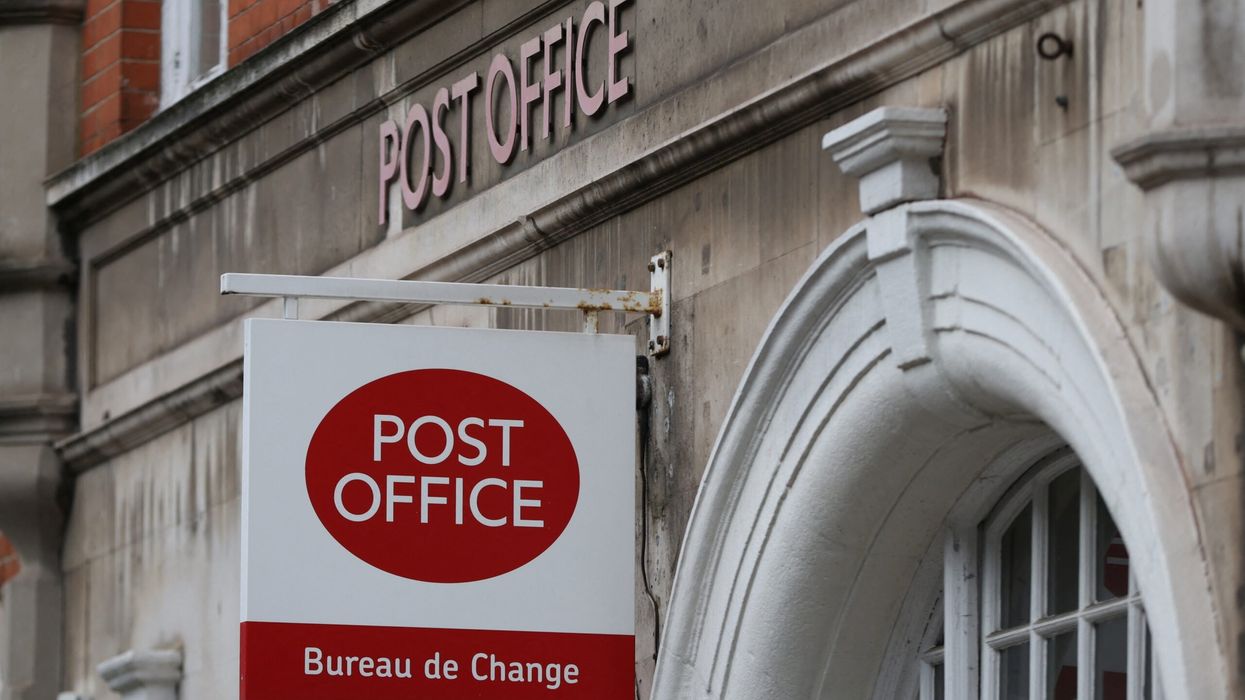An expert witness in the Post Office Horizon scandal was asked by the prosecutor to change his testimony, the BBC reports.
Former chief IT architect at Fujitsu Gareth Jenkins rephrased parts of a report on the malfunctioning Horizon IT system following suggestions made by barrister Warwick Tatford.
The evidence was used in the 2010 case against postmistress Seema Misra, who was wrongly jailed while pregnant.
The defective accounting software system Horizon showed errors that did not exist.
The changes to Jenkins' report were not disclosed to the defence.
For Seema, it took 11 years to prove her innocence and she was cleared of all allegations in 2021.
But had Seema's legal team known that the expert witness testimony had been altered, it could have saved her and others.
Legal experts told the BBC that Seema's trial was important for the Post Office to demonstrate that the Horizon system had no problems.
Draft versions of Jenkins' report accessed by the BBC show that barrister Tatford advised him to take a stronger position on certain technical issues raised by Prof Charles McLachlan, an expert witness for Seema's defence team.
Jenkins had reportedly changed some portions of the report on the barrister's suggestions, while he also refused to make some changes.
Last November, when Tatford was questioned at the Post Office inquiry about some of the changes to Jenkins' evidence, he apologised for mistakes in his approach.
He conceded that he may have overstepped his limits, but denied substantially altering Jenkins' testimony.
The Metropolitan Police is investigating Jenkins for potential perjury.
Seema's former solicitor Issy Hogg has expressed surprise about the interventions made by Tatford in Jenkins' testimony.
Seema was sentenced to 15 months in jail in Ashford, Surrey. However, she was released after four months for good behaviour.
The Horizon software malfunction had led to the prosecution of over 900 post office employees and at least four suicides have been linked to the scandal.




